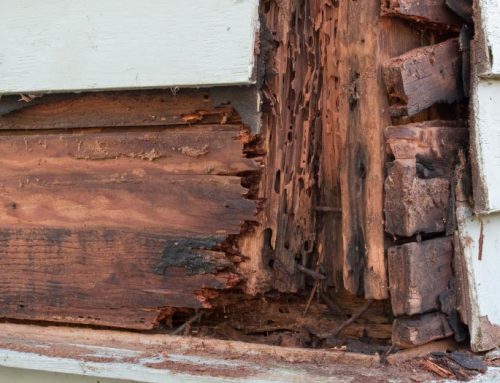Original article provided by the CharlotteObserver.com, to view the article click here.
Q: Freddie Mac foreclosed on a townhome in our community last year. The previous homeowner was several months in arrears in his assessments, and our HOA placed a lien on the property. Since Freddie Mac foreclosed on the home and assumed the title, Freddie Mac has not paid the delinquent dues nor the late fees. Moreover, it has not made any payments for assessments that have accrued since it acquired the property. In a mortgage foreclosure, is the new owner obligated to pay the prior owner’s debts? What about their obligation to pay assessments accruing after taking title to the property?
HOA assessments carry liability in two different ways: The owner of the home is personally obligated to pay the debt, meaning the HOA can file a lawsuit and obtain a personal judgment against the owner (known as an “in personam” action).
The assessments also constitute a lien against the real estate, which can be enforced by the filing and foreclosing of a claim of lien against the property (known as an “in rem” action).
In most cases, the more effective and cost-efficient method of collecting delinquent assessments is through the lien/foreclosure process. However, a claim of lien filed by the HOA against the property will be subordinate to any other liens that were filed against the property before the HOA’s.
This can include mortgages, judgment liens, IRS liens or unpaid property taxes. A first mortgage lender will insist that its lien have first priority – that is, that there be no other liens against the property ahead of the mortgage.
When the mortgage forecloses, it “cuts off” any subordinate liens, which in your situation included the HOA’s lien. A foreclosing lender is not responsible for paying the delinquent assessments incurred by the prior owner, but whoever acquires title to the property as a result of the mortgage foreclosure will be responsible for any assessments that accrue after their deed is recorded – and this applies even to a lender that assumes the title (or in your case, Freddie Mac).
If the new owner does not pay the assessments going forward, he or she should be treated no differently from any other owner. Your HOA should have a written policy for the handling of delinquent assessments, and it should be applied uniformly and consistently to all owners, including owners who have acquired title through a foreclosure.
As for collecting the past-due assessments accrued under the prior owner, note that the mortgage foreclosure does not eliminate that owner’s personal liability for the unpaid assessments. If you think that person has the assets or ability to pay the debt, and you know where the person is, you can always file a lawsuit against him to recover the unpaid assessments, even after the mortgage foreclosure is complete.
Charlotte attorney Michael Hunter focuses on community and condominium association law for the firm of Horack Talley. Email questions to home@charlotteobserver.com.






Leave a Reply